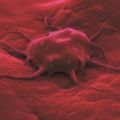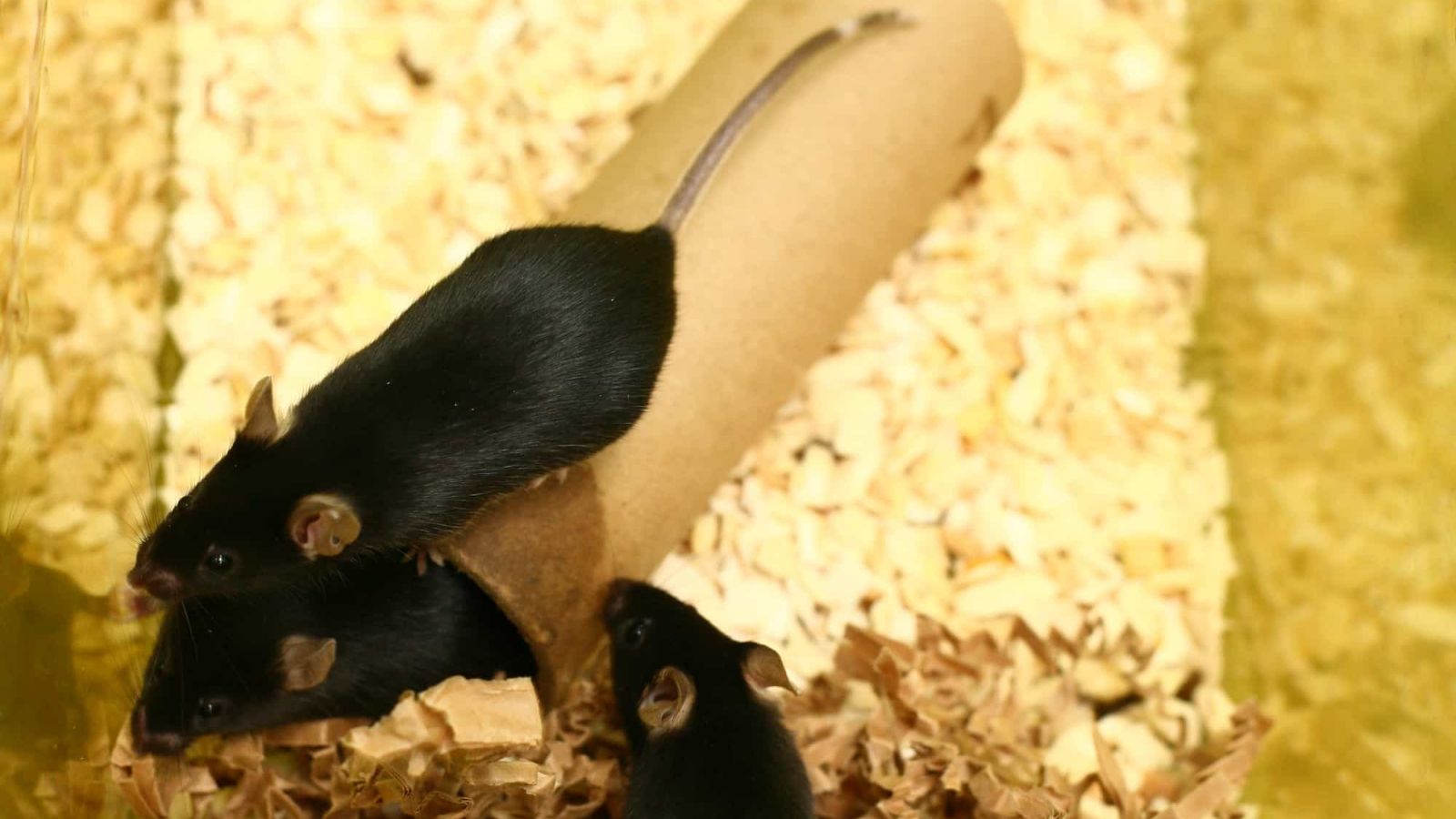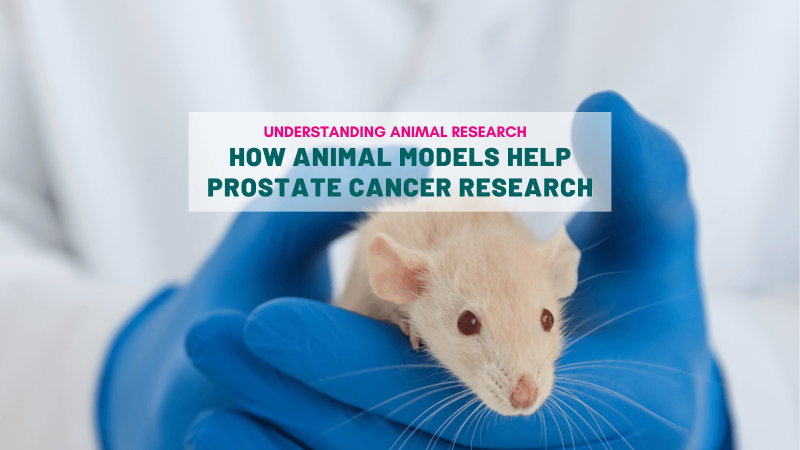 Prostate tumours have been in reduced in mice using a medicine originally designed to treat obesity.
Prostate tumours have been in reduced in mice using a medicine originally designed to treat obesity.
Scientists used the medicine, called STO 609, to stop the production of an enzyme involved in metabolism, called CAMKK2. Without the enzyme, cancer cells are starved of the high levels of glucose they need to grow and multiply.
The medicine reduced the growth of prostate tumours in the mice and stopped the cancer cells spreading to other parts of body.
Prostate cancer is the most common form of cancer affecting men in Britain. It kills 10,000 men a year.
By reducing the growth of prostate tumours, scientists believe they could turn the fatal form of the disease into a manageable condition.
The medicine was chosen to target a network of genes that produces the CAMKK2 enzyme. These genes are overexpressed in cancerous cells compared to healthy cells.
Scientists hope to start clinical trials of STO 609 within five years.
Read more about animal research and prostate cancer here.
Last edited: 27 October 2022 19:13



